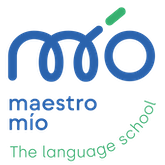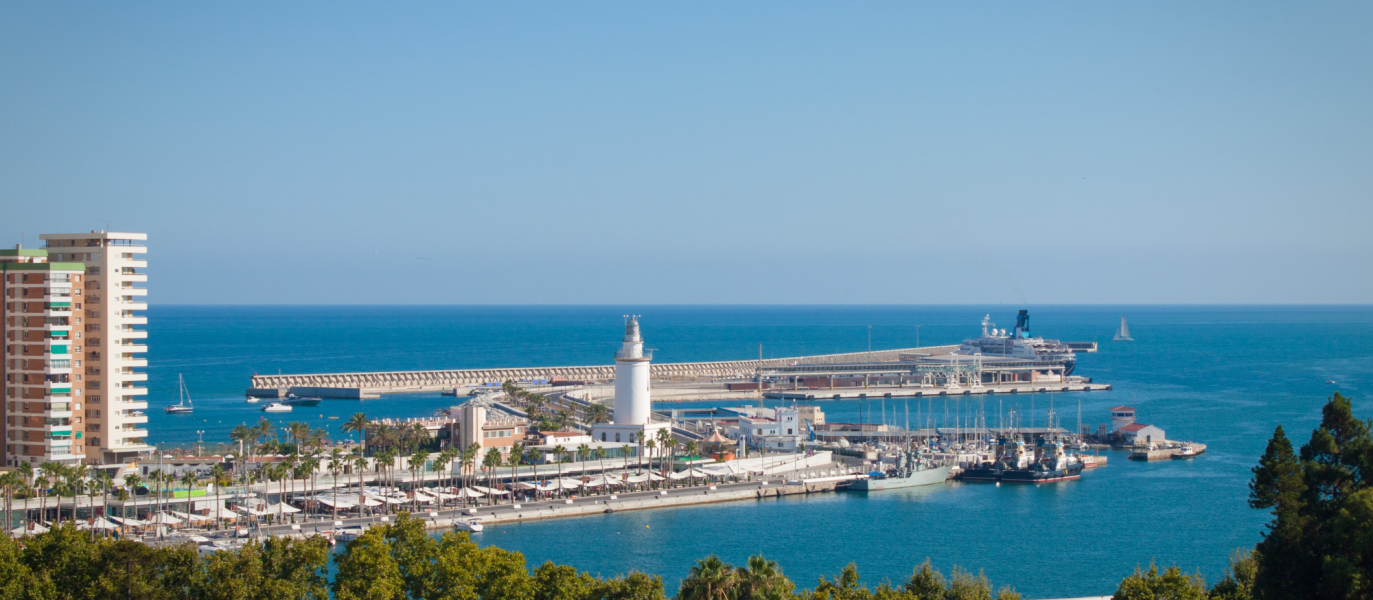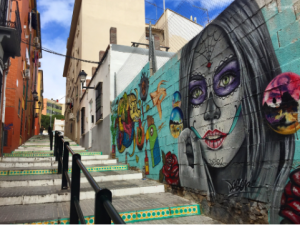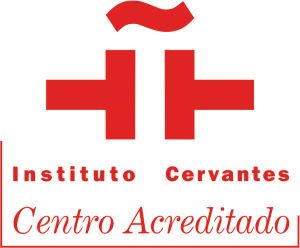Do you live in Málaga or the Costa del Sol and want to improve your Spanish without feeling like you’re in a classroom? You’re in the right place! MaestroMío is here to explain it clearly: this area isn’t just about sun, sea, and espetos—it’s also full of vibrant opportunities to practice Spanish in real-life situations (and with a cold beer in hand, if needed).
Learning Spanish doesn’t have to be just about the subjunctive mood in class. Here, I’ll share authentic Málaga-style plans so you can keep improving your level, meet new people, and feel right at home by the Mediterranean. Because learning a language is more than studying—it’s about living, enjoying, and sharing it.
☕ 1. Language Exchanges – “You speak to me in Spanish, and I’ll speak in English (or Italian, or German…)”
Language exchanges are like Tinder, but for learning languages (and with less pressure). You sit on a terrace, grab a drink, and chat in two languages with locals and people from all over the world.
📍 Where to find them?
- La Térmica, Café con Libros or La Invisible in central Málaga.
- Events organized by groups like Málaga Language Exchange (look them up on Meetup, Facebook, or Instagram).
- Many bars along the Costa del Sol (such as in Torremolinos or Marbella) host weekly exchanges in the evenings.
🗣 Tip: Don’t worry if your Spanish isn’t perfect. The important thing is to dive in! And if you get stuck, you can always order another beer.
📖 2. Book Clubs – For people who love words (and gossiping about books)
Do you enjoy reading and want to chat about what you read with others in Spanish? Book clubs in Málaga are a great way to improve vocabulary, learn expressions, and practice group conversation.
📚 Recommended clubs:
- Book club at La Invisible (social, feminist books, poetry… and good vibes).
- Book club at Casa Gerald Brenan (Hispanic literature and translations).
- Municipal libraries also host open and free reading sessions.
💡 Pro tip: Don’t worry if you don’t understand every word in the book. You can always say you interpreted it “from a different literary perspective”!
🧠 3. Psychology Café – Talk about life (in Spanish, no therapist couch needed)
What if practicing Spanish also helped you talk about emotions, thoughts, and adapting to culture shock? The Café Psicológico is an open event where people discuss personal and social topics (in Spanish), guided by psychologists.
🪑 What to expect:
- Topics like “fear of failure,” “anxiety,” “adapting to a new country”… all in Spanish, with no pressure.
- Real conversations, with friendly, curious people.
- A great chance to open up, practice the language, and understand the culture from within.
📍 Usually held at places like La Invisible, cultural centers, or even cafés in downtown Málaga.
🥁 4. Cultural Events in Spanish – From flamenco to film, with tapas in between
Living in Málaga is like having a VIP pass to a nonstop cultural party. And yes, you can learn Spanish by dancing, watching films, and asking where the bathroom is.
🎭 Some examples:
- Spanish-language films at Cine Albéniz or during film series at La Térmica.
- Art, writing, or philosophy workshops at cultural centers like La Térmica or La Caja Blanca.
- Theatrical walking tours of the historic center, where you’ll learn Spanish and history (maybe even a medieval scandal or two).
- Live music and micro-theater shows in local bars.
🍷 Extra tip: Going with a Spanish friend is like having real-time subtitles.
💃 5. Activities That Don’t Feel Like “Class”, But Are
What if you could practice Spanish while dancing flamenco, doing yoga, or learning how to make a Spanish omelette?
👟 Ideas:
- Dance classes (sevillanas, salsa, bachata…) in local academies.
- Spanish cooking workshops (perfect for learning words like aceite de oliva!).
- Wellness retreats and activities in Costa del Sol towns, where Spanish is the common language.
🤸 Here you’ll practice natural, everyday Spanish — the kind of “¡anda ya!” and “¡qué guay!” — totally different from textbook grammar, but way more useful.
🌍 6. Bonus: Volunteering and Associations
Want to help out, meet locals, and practice Spanish at the same time? Málaga is full of social, environmental, and cultural projects that need helping hands (and big hearts).
✨ Examples:
- Associations that support migrants and refugees.
- Workshops with kids, urban gardens, time banks.
- NGOs that host activities and open talks in Spanish.
🎁 Double win: Improve your Spanish and do something meaningful for the community.
🧡 Conclusion: Learning Spanish Can Be an Adventure (No Homework Required)
Leaving the classroom doesn’t mean stopping the learning. In Málaga and the Costa del Sol, Spanish is everywhere — in the streets, bars, books, events… and in every person who smiles and says, “¿Qué tal, miarma?”
The key is to let go of fear, dive into real language, and surround yourself with activities you enjoy. If you’re having fun, you won’t even notice you’re learning!






